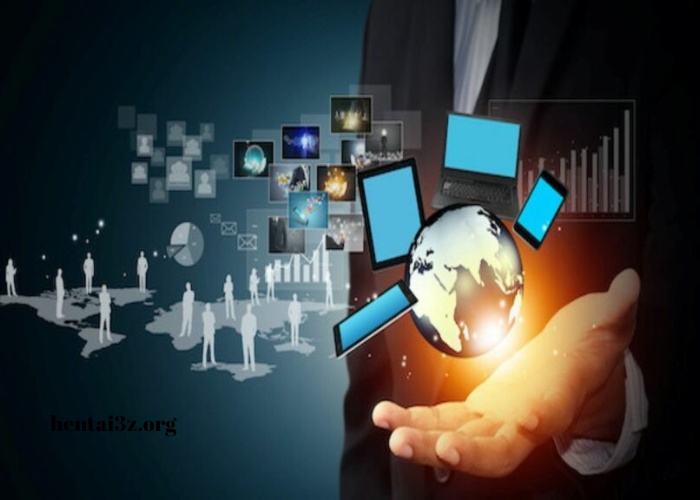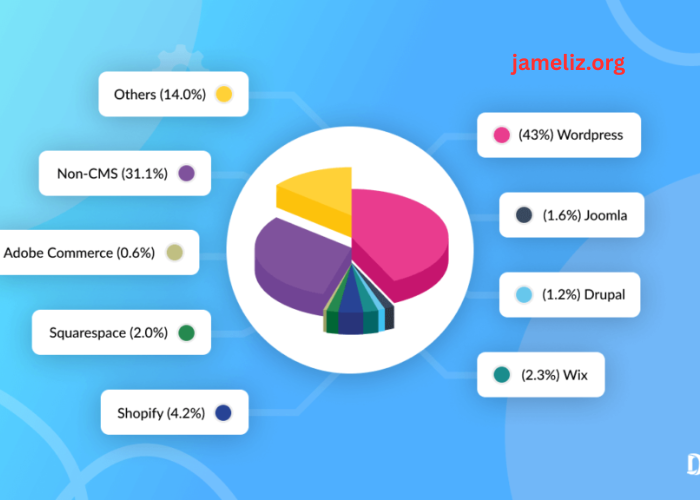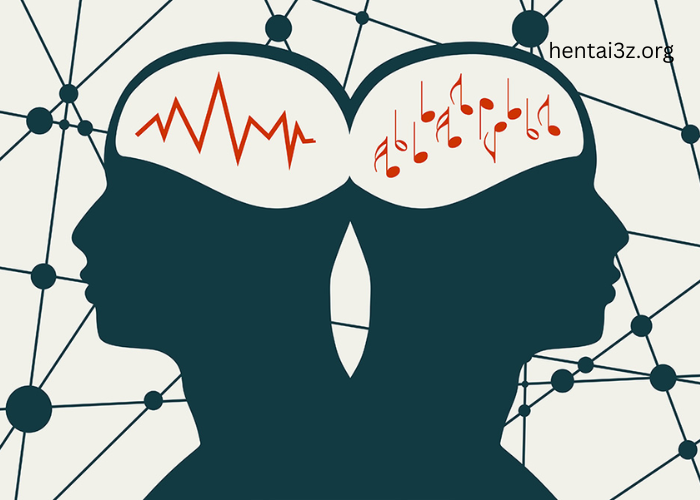In an era where technology is evolving at a breakneck pace, the concept of digital transformation is no longer a mere buzzword but a strategic imperative for organizations worldwide. At the heart of this transformation are next-generation technologies that are fundamentally reshaping how businesses operate, interact with customers, and drive innovation. This article delves into the key advancements in next-gen tech that are revolutionizing digital transformation, highlighting their impact and potential.
Artificial Intelligence and Machine Learning
Artificial Intelligence (AI) and Machine Learning (ML) are at the forefront of the next-gen tech revolution. AI encompasses a broad spectrum of technologies designed to mimic human intelligence, from natural language processing to computer vision. ML, a subset of AI, focuses on algorithms that enable systems to learn from data and improve their performance over time without being explicitly programmed.
The integration of AI and ML into business operations has led to significant advancements in various areas. For instance, predictive analytics powered by ML algorithms can forecast market trends, customer behavior, and potential risks, enabling organizations to make data-driven decisions with unprecedented accuracy. AI-driven chatbots and virtual assistants are transforming customer service by providing instant, personalized support and streamlining interactions.
Blockchain Technology
Blockchain technology, originally designed to support cryptocurrencies like Bitcoin, has transcended its initial use case to become a cornerstone of digital transformation. Its decentralized and immutable ledger system ensures transparency, security, and trust in digital transactions. This technology is revolutionizing industries beyond finance, including supply chain management, healthcare, and real estate.
In supply chain management, blockchain provides end-to-end visibility, enabling organizations to track the provenance of goods, verify authenticity, and reduce fraud. In healthcare, it offers a secure platform for managing patient records and facilitating interoperability between different systems. The real estate sector benefits from blockchain’s ability to streamline property transactions, reduce paperwork, and enhance security.
Internet of Things (IoT)
The Internet of Things (IoT) refers to the network of interconnected devices that communicate and share data with each other over the internet. This technology is transforming various industries by enabling real-time monitoring, automation, and data-driven insights. From smart homes to industrial IoT, the applications of this technology are vast and growing.
In smart homes, IoT devices such as thermostats, lighting systems, and security cameras offer enhanced convenience, energy efficiency, and safety. In industrial settings, IoT sensors monitor equipment performance, predict maintenance needs, and optimize operations, leading to increased productivity and reduced downtime. The data generated by IoT devices also facilitates advanced analytics, enabling businesses to gain deeper insights into their operations and make informed decisions.
Edge Computing
As the volume of data generated by IoT devices and other sources continues to grow, traditional cloud computing models are facing challenges related to latency, bandwidth, and data security. Edge computing addresses these challenges by processing data closer to its source, reducing the need for data to travel long distances to centralized data centers.
By decentralizing data processing, edge computing enhances real-time decision-making and reduces latency, making it ideal for applications that require immediate responses, such as autonomous vehicles and industrial automation. This technology also improves data security and privacy by minimizing the exposure of sensitive information to potential threats during transmission.
5G Technology
The rollout of 5G technology represents a quantum leap in mobile communications, offering significantly faster speeds, lower latency, and greater capacity compared to its predecessors. This advancement is set to unlock new possibilities for digital transformation across various sectors.
In the realm of augmented reality (AR) and virtual reality (VR), 5G’s high-speed and low-latency capabilities enable immersive experiences with minimal lag, enhancing applications in gaming, training, and remote collaboration. The enhanced connectivity provided by 5G also supports the proliferation of IoT devices, enabling more sophisticated and interconnected smart systems.
Quantum Computing
Quantum computing is an emerging field that leverages the principles of quantum mechanics to perform complex calculations at speeds unattainable by classical computers. Although still in its early stages, quantum computing holds immense potential for solving problems that are currently intractable with traditional computing methods.
In digital transformation, quantum computing could revolutionize areas such as cryptography, optimization, and drug discovery. For example, it could enable the development of more secure encryption methods, optimize supply chain logistics with unparalleled precision, and accelerate the discovery of new pharmaceuticals.
Augmented Reality (AR) and Virtual Reality (VR)
Augmented Reality (AR) and Virtual Reality (VR) technologies are reshaping how we interact with digital content and the physical world. AR overlays digital information onto the real world, enhancing our perception and interaction with our surroundings. VR, on the other hand, immerses users in fully simulated environments, offering experiences that are both engaging and interactive.
In the business realm, AR and VR are transforming various sectors. In retail, AR enables customers to visualize products in their own space before making a purchase, enhancing the shopping experience. In education and training, VR provides immersive simulations that facilitate hands-on learning and skill development. These technologies are also making significant strides in healthcare, where AR and VR are used for surgical planning, patient education, and therapeutic interventions.
Cybersecurity Innovations
As digital transformation accelerates, cybersecurity becomes increasingly critical. Next-gen tech advancements in cybersecurity are addressing the growing complexity and sophistication of cyber threats. Technologies such as AI-driven threat detection, behavioral analytics, and blockchain-based security are enhancing the ability to protect sensitive data and systems.
AI-driven threat detection systems use machine learning algorithms to identify and respond to potential security breaches in real-time, improving the effectiveness of cybersecurity measures. Behavioral analytics monitor user behavior and detect anomalies that may indicate a security threat. Blockchain technology offers decentralized security solutions, reducing the risk of data tampering and fraud.
Conclusion
Next-gen technologies are driving a wave of digital transformation that is reshaping industries, creating new opportunities, and addressing complex challenges. From AI and blockchain to IoT and quantum computing, these advancements are enabling organizations to innovate, optimize operations, and deliver enhanced value to customers.
As we continue to embrace these technologies, it is essential for businesses to stay informed about the latest trends and developments. By leveraging next-gen tech strategically, organizations can position themselves at the forefront of digital transformation, driving growth and success in an increasingly competitive landscape




